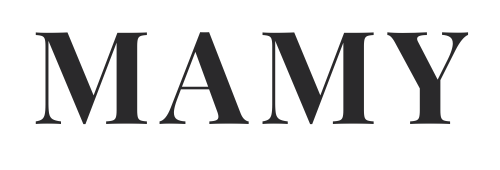Our optometrist will happily help you find the perfect fit for you during your All At Home appointment, according to your face’s size and shape.
But if you’re buying them online, or when selecting them for your try-home, here’s what you should know to choose well-fitting glasses:
The frames’ dimensions are written inside the left temple of your glasses (we mention it on each product’s page too), and it looks like this: 49-23-145. These numbers respectively refer to the lens diameter, the bridge width and the length of the temples, all measured in millimetres.
We usually take the lens diameter to assess glasses’ fit:
- 45 to 48mm: narrow frame
- 49 to 54mm: medium frame
- Above 55mm: large frame
Basically, your frames shouldn’t be larger than the width of your face, from temple to temple. We also recommend the top of your frames to sit below your brow line (you don’t want to hide your facial expressions), and the lower edge shouldn’t sit on your cheeks (that might cause irritation).
It’s also important to make sure your glasses don’t slide off your nose, so make sure the bridge’s width is comfortable.
Now find a ruler and get started with those face measurements!




















